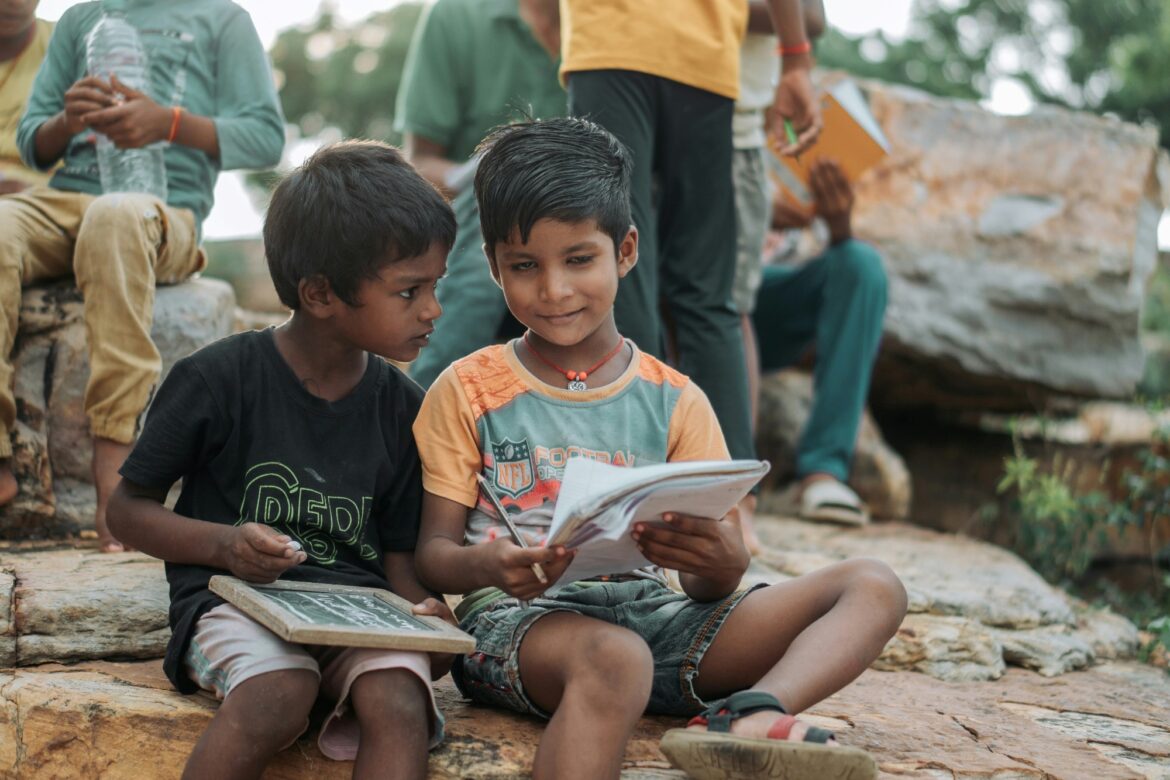Bangladesh faces a clear challenge: many people counted as literate still struggle to read, write and use basic numbers, and experts say this gap must close if the country is to grow stronger. The latest public figures show a rise in the headline literacy rate, but deep tests and classroom assessments tell a different story: a large share of children finish primary school without the skills to read a short, age-appropriate text or to do simple arithmetic. This mismatch matters because literacy that is only on paper does not help people in work, daily life or further learning. Specialists recommend a two-part plan that focuses on stronger primary schooling to ensure new generations learn to read and do math well, and on practical adult learning so older youth and adults can gain real, usable skills. Efforts that simply register people as literate without testing what they can do have left gaps that make official numbers hard to trust. Past campaigns increased numbers quickly but often did not check quality, and some non-formal programmes ran out of funding before results could be measured properly. To change that, education leaders urge clearer definitions of what functional literacy means and the wider use of simple tests that show whether someone can read, write and count in useful ways. A recent national student assessment and an international estimate both underline how many young people remain in the “learning poor” group and how urgent it is to act. Promising responses are practical: refocus early grades on language and mathematics, give teachers hands-on training, use short local tests to track learning, and expand community learning centres that combine literacy with livelihood skills. Partnerships with NGOs, local government and community groups are already being suggested to run flexible programmes that adults can join around work and family duties. Pilot projects that mix basic reading lessons with short vocational or life skills can help learners see clear benefits and stay enrolled. Another helpful step is to build better monitoring so funds support what actually improves reading and numeracy, not just paperwork. Simple, low-cost tools such as trained community tutors, mobile learning content in local languages, and short practice checks can improve learning without huge budgets. Crucially, programmes should measure real gains with quick assessments and share what works so successful approaches can spread across districts. Reforming primary school teaching and strengthening adult education are two sides of the same coin: both are needed to turn higher headline literacy into skills people use every day. With focused planning, clear tests of learning, steady funding and local partnerships, Bangladesh can move from counting attendance to building real reading, writing and number skills that help families, businesses and communities thrive.
Turning Numbers into Skills: How Bangladesh Can Close the Literacy Gap
35


